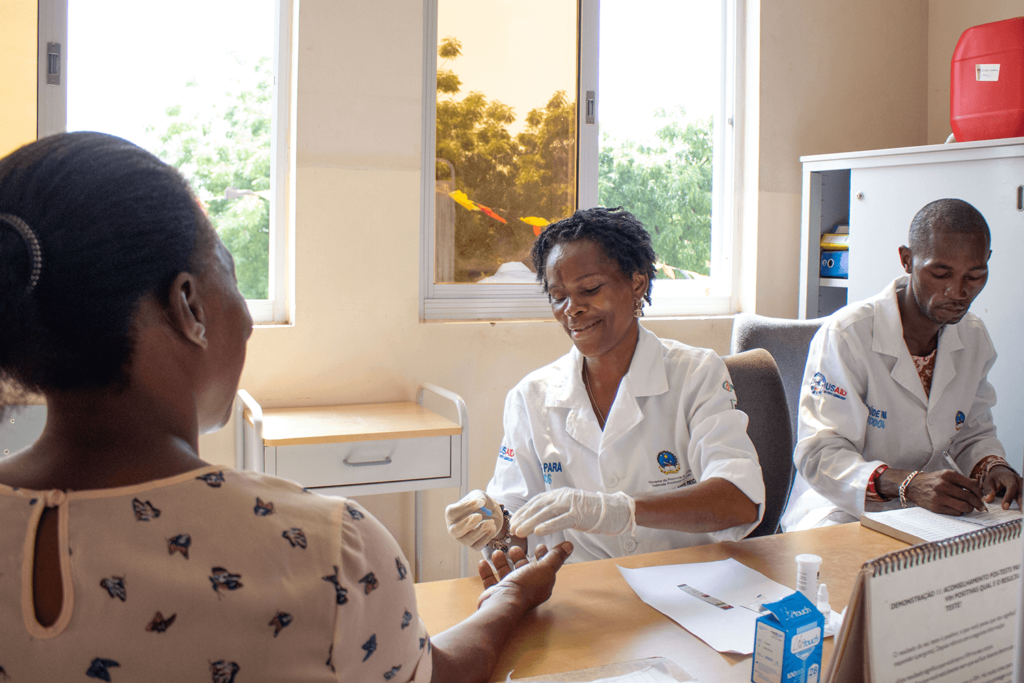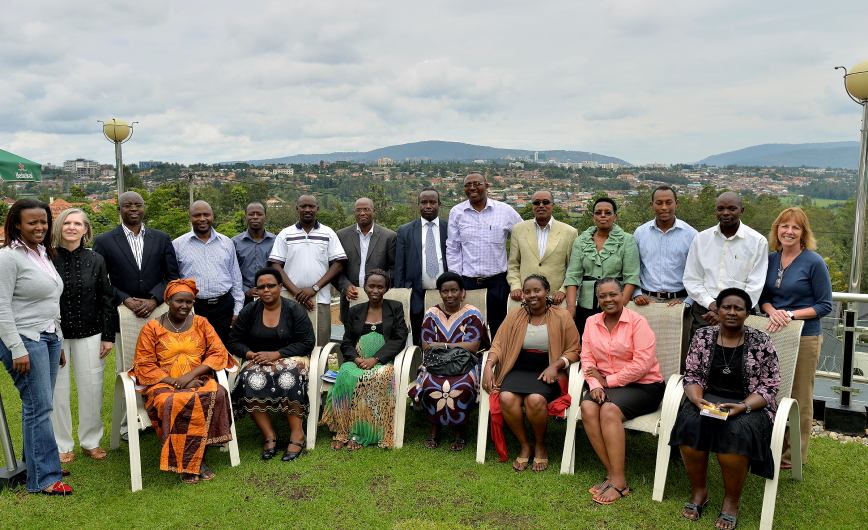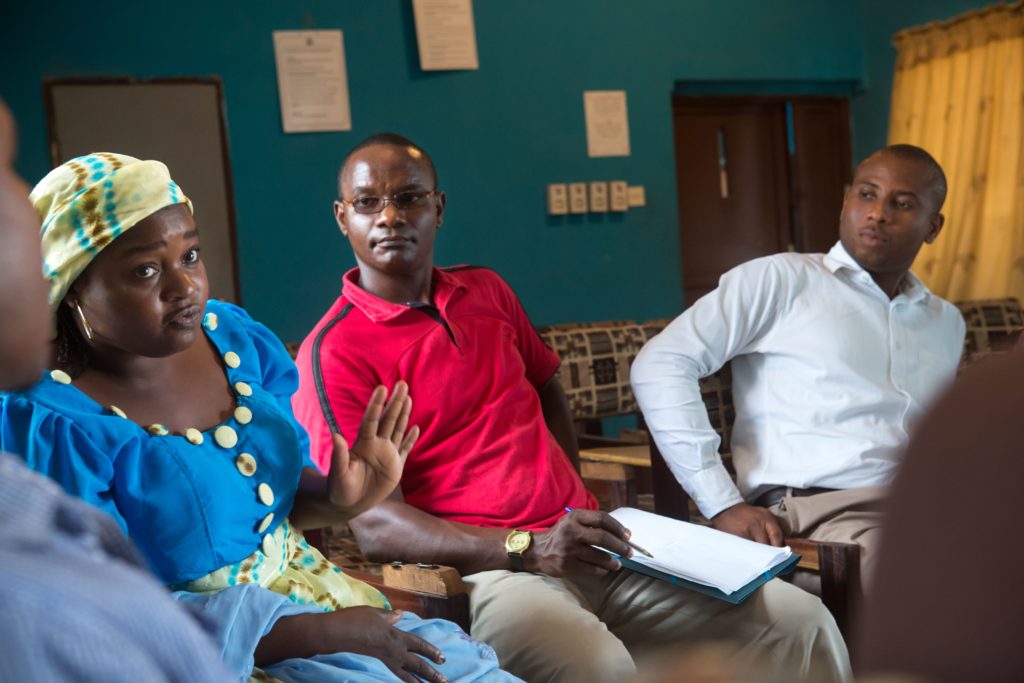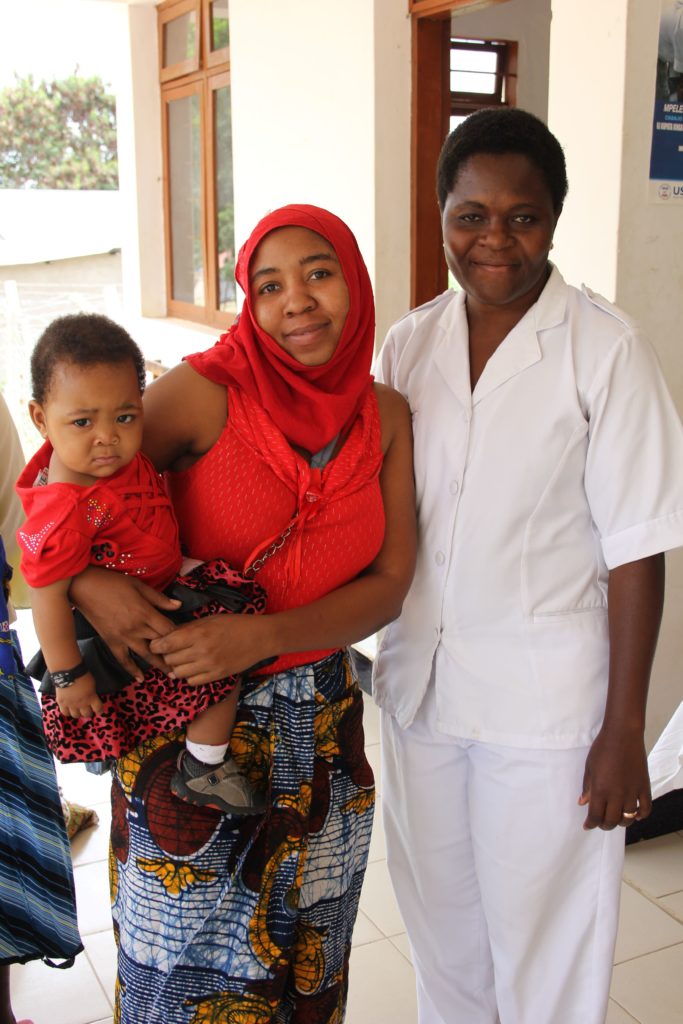HIV and AIDS
HIV and AIDS


Sustaining HIV Services through Universal Health Coverage: Cameroon’s Experience
Integrating HIV services into a country’s universal health coverage (UHC) program holds the key to ensuring sustainability in the battle against HIV. By embedding HIV services within the comprehensive framework of UHC, governments can ensure that people have access to the prevention and treatment services they need. In this short video, we delve deeper into how MSH collaborates with governments to facilitate these integrations, showcasing how this strategy can yield lasting impact.
Eliminating HIV and AIDS
Strengthening health systems is at the core of our response to HIV and AIDS. We build the capacities of public, private, and civil society partners to prevent, treat, and manage HIV and AIDS, developing systems that deliver gender-responsive, quality HIV services adapted to the populations we serve. Our technical teams guide policy reform by developing approaches to prevention, testing, and treatment services that increase efficiencies along the way, resulting in better access and person-centered care.
For more than two decades we have served as a partner and core implementer to the US President’s Emergency Plan for AIDS Relief (PEPFAR); the Global Fund to Fight AIDS, Tuberculosis and Malaria; and other donors. Through sound policies, smart planning, strong systems, a capable workforce, and safe, affordable, and effective products, we ensure that countries are better able to provide quality person-centered HIV services.
We are the go-to partner for support to strengthen the functional and financial capacity of governments and partners to achieve and sustain HIV epidemic control by:
- Deploying sustainable solutions for essential health system functions—pharmaceutical services, supply chain, commodity management, health financing, laboratory and surveillance systems, health workforce, and local governance, stewardship, and management — that support HIV prevention, testing, and treatment services
- Ensuring greater country ownership of HIV programs
- Integrating sustainable and cost-effective HIV and AIDS prevention, care, and treatment services into broader primary health care and UHC efforts
- Providing consistently available, safe, effective, quality-assured, and affordable HIV medicines, tests, and pharmaceutical services by improving governance, regulatory systems, supply chain management, information systems, and pharmacovigilance in the pharmaceutical sector
Ending HIV as a Public Health Threat through Strong Health Systems
Since the early stages of the HIV and AIDS epidemic, MSH has used a health systems approach to enable local partners and communities deliver tailored, gender-sensitive, and high-quality services to vulnerable populations in countries across the globe. We foster approaches that help our partners more effectively manage their medicines, finances, workforce, and information and promote communities as the leaders of disease prevention and response.
Join MSH at AIDS 2024
AIDS 2024, the 25th International AIDS Conference, will take place in Munich, Germany, and virtually on July 22–26, 2024. MSH President and CEO Marian W. Wentworth will lead the MSH delegation, which includes our HIV technical experts and project colleagues from Uganda to Ukraine. MSH’s focus at this year’s conference will be around the theme “Sustaining the HIV Response through Local Leadership of Strong Health Systems.”
Join us at our Satellite Sessions, which will feature those key issues critical to sustaining the HIV response in an era of dwindling donor funding and strategies and solutions for strengthening country ownership and leadership of routine health system functions.
Universal Health Coverage to Revolutionize HIV Care in Cameroon with the U.S. Government’s Contribution
In Cameroon, individuals living with HIV face financial struggles and limited access to equitable health services. Affording viral load tests and treatment for other diseases is challenging, posing potential health risks and financial burdens. However, hope is on the horizon with the recent launch of Universal Health Coverage (UHC) in Cameroon, promising improved healthcare access for thousands of people living with HIV (PLHIV).
Meet Our Technical Experts
Please direct all inquiries and media or speaking engagement requests for our Technical Experts to Jordan Coriza at jcoriza@msh.org or 617-250-9107.


